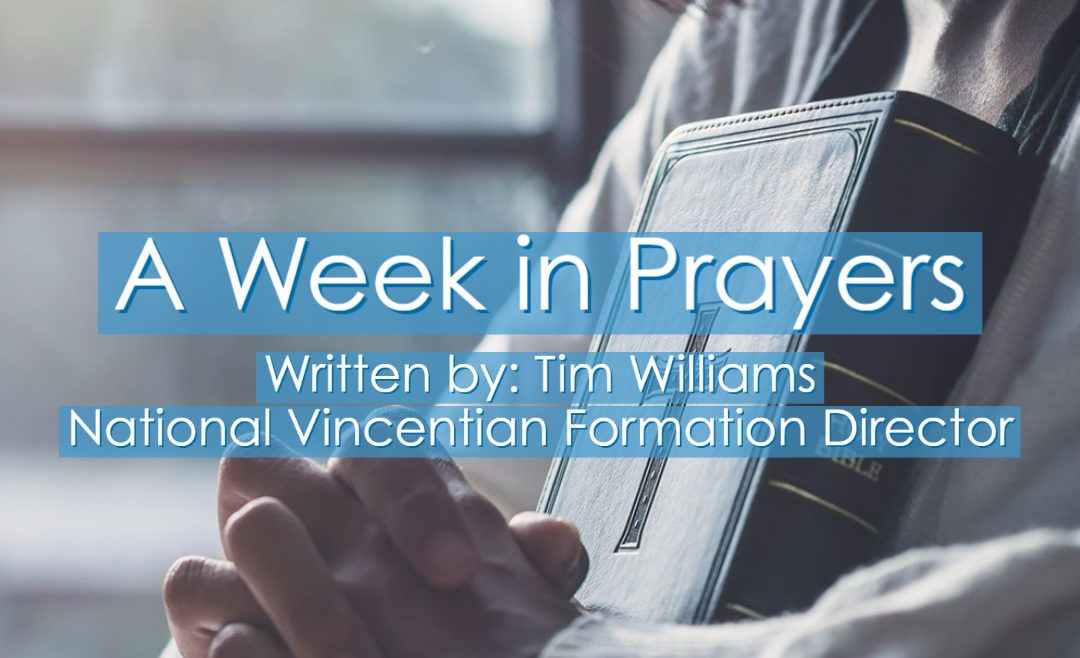Imagine my surprise when I saw several young adults at National Assembly wearing my chosen brand of athletic shoes. It was even more surprising to learn that their choices were based on seeing me wear the shoes at the Midyear meeting! I had not chosen to be a “fashion influencer;” my shoe choice was based on having plantar fasciitis, and my trying not to scream with every step!
We are often influenced by others when they don’t realize it, and sometimes we don’t realize it either. A coach will tell athletes to make their bed in the morning and it gets done, even though the parents have tried without success for the same results over and over again. We wear something because someone on television wore it. We pick up language patterns from our parents and friends, mostly unintentionally.
As Vincentians, we may not realize how much of an example we set for others. We believe ourselves to be simple humble servants, but you may be heroes to other parishioners in the pews because you take on work for the poor that they appreciate but don’t feel comfortable doing themselves. You set an example for those we serve through your compassion and willingness to listen and to help. You also exhibit an example of perceived financial stability and success.
It is said that one’s character is who you are when no one is looking. We know as Vincentians that God is always looking! If you are a parent, you know that the kids are always looking – often at times you may not choose! Yet we may not be aware that others also see us when we aren’t thinking about providing any example, we are simply living our lives. We are who we are even when we aren’t “wearing the uniform” when we serve.
How many Conference or Council leaders act one way when leading a meeting, but seem to be completely different people when off of the meeting stage? How many of us are Saints when conducting a Home Visit encounter, but act, well, differently when among friends or family? Chances are, this difference in behavior and/or attitude is unintentional. It’s not that we are at times putting on a show; it’s more that we are aware of our capacity as example-setter when in certain situations and we want to perform in an exemplary manner.
Being the best we can be is hard work, even for small periods of time. We can’t be perfect every waking moment, even when we try. That’s okay, God is forgiving, certainly more than we may be for each other. Let’s give each other, and ourselves, some grace in those moments when we aren’t at our best.
That said, let’s work in our Vincentian lives to remember our role as community exemplars. We wear the Society of St. Vincent de Paul label as we serve our Church and the Poor, and granted, that can be a lot to live up to each day. Let’s nonetheless be intentional regarding our individual and collective language, behavior, appearance and anywhere else that may serve as an example for others.
Let’s work not only to talk the talk, but also to walk the walk. Apparently, I can recommend the right shoes!






